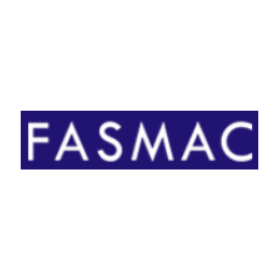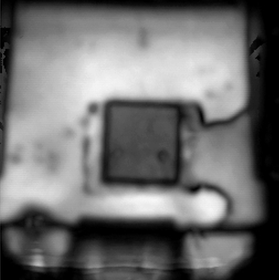[Next-Generation Sequencing Analysis Case Study] Analysis of Microbiota *Case study collection available.
Introducing examples where approximately 10,000 data points and data from minor groups can be obtained!
In our "Next Generation Sequencing" services, we offer various plans tailored to our customers' objectives and strive to provide proposals that meet their requests. In the example of "microbiome analysis," we directly determine the nucleotide sequence of PCR products as the target for analysis, typically yielding around 10,000 data points. Furthermore, we can obtain data from minor groups that are very difficult to acquire using the clone library method. [Case Overview] ■ Direct determination of nucleotide sequences using PCR products as the target for analysis ■ The data obtained usually exceeds 10,000 nucleotide sequences ■ Data from minor groups can be obtained *For more details, please refer to the PDF materials or feel free to contact us.
Inquire About This Product
basic information
【Summary of Other Cases】 - Sample preparation is limited to the purification of PCR products, and cloning is not required. - Each piece of data obtained originates from a single molecule contained in the PCR product being analyzed. - Cloning corresponds to each piece of data obtained from Sanger sequencing analysis. - A data volume that cannot be compared to the clone library method is obtained. *For more details, please refer to the PDF document or feel free to contact us.
Price range
Delivery Time
Applications/Examples of results
For more details, please refer to the PDF document or feel free to contact us.
catalog(3)
Download All CatalogsNews about this product(1)
Company information
In recent years, advancements in molecular biology have led to remarkable progress in research such as the determination of the complete genome sequences of organisms and subsequent gene function analysis. Along with these technological advancements, molecular biological techniques such as nucleotide sequence analysis, real-time PCR, and DNA chips have become widely utilized in the field of food analysis. Since its establishment in 2001, Fasmak Co., Ltd. has been developing technologies for the "Japanese Standard Analysis Method" for genetically modified foods and food allergens in collaboration with related agencies of the Ministry of Agriculture, Forestry and Fisheries and the Ministry of Health, Labour and Welfare. The developed testing technologies are provided not only in Japan but also in the United States, China, and other countries. Additionally, Fasmak has been actively engaged in international standardization activities for "food inspection methods using molecular biological techniques" since its establishment, and its technical capabilities are internationally recognized. Furthermore, in partnership with Eurofins Scientific, one of the world's largest testing companies, Fasmak is advancing the introduction of the high technical capabilities possessed by the Eurofins Group. Moving forward, Fasmak will continue to provide world-class new testing technologies to everyone.



![[Case Study Collection - Free Download] Next-Generation Sequencing Analysis](https://image.mono.ipros.com/public/catalog/image/01/10e/615576/IPROS36810353806721836024.jpeg?w=120&h=170)




![[Next-Generation Sequencing Analysis Case] COI Amplicon Analysis](https://image.mono.ipros.com/public/product/image/be8/2000603368/IPROS92080067972252470173.png?w=280&h=280)
![[Next-Generation Sequencing Analysis Case] Genotyping Analysis](https://image.mono.ipros.com/public/product/image/1d5/2000603363/IPROS58314770441313934737.png?w=280&h=280)





![[Analysis Case Study] Observation of Adhesion State Through Metal Plates Using Ultrasonic Microscopy](https://image.mono.ipros.com/public/product/image/367300/IPROS2705829217984245675.png?w=280&h=280)
